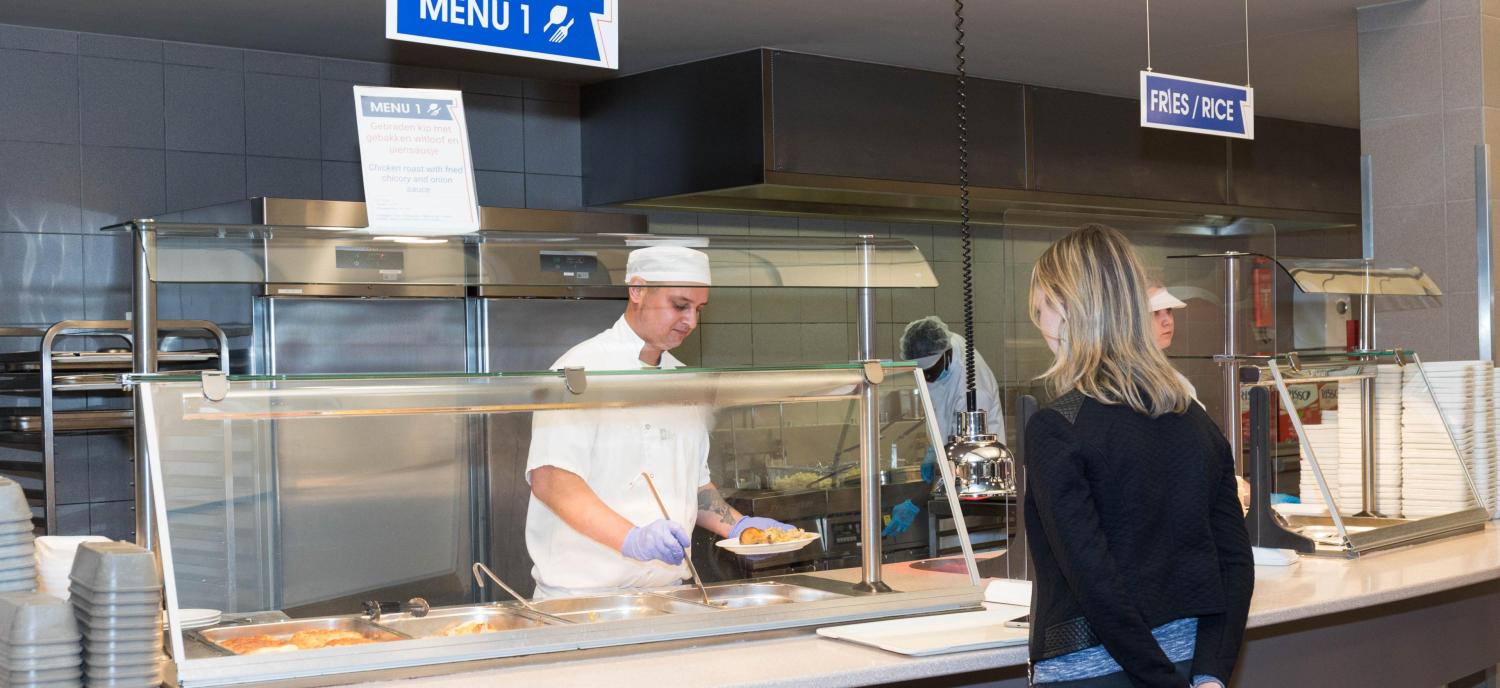
The challenge
Why do we feel it is so important to offer vegetable meals? To produce one kilogram of animal protein, you need several kilogrammes of plant protein. What’s more, the crops from which these plant proteins are obtained require a lot of agricultural land and are transported over enormous distances. For example, 85% of the soy produced worldwide is processed as cattle feed.
Livestock farming also requires enormous quantities of artificial fertilisers and water. The production of one litre of cow’s milk requires no fewer than 1,000 litres of water, compared to 200 litres for the production of one litre of soy milk.
Last but not least, large quantities of nitrous oxide, methane, phosphorus, heavy metals, nitrogen and ammonia are released during the life cycle of a cow. In a nutshell, animal products have a significant impact on our planet.
The solution
A plant-based diet which includes products such as cereals, pulses or soy is therefore not only a healthy and tasty alternative to meat and fish. It also makes a huge difference in limiting our (water) footprint per kilogram of food produced. At VUB, we are happy to contribute to this.
Every day, the student restaurants serve veggie menus and sandwiches (and on the VUB Main Campus we also serve vegan meals). This way, you can easily choose to get through the day or week without meat. We even offer a selection of vegan desserts. Since our diet contributes up to ⅓ to our climate impact, switching to a vegan diet is a very effective step towards reducing that impact.